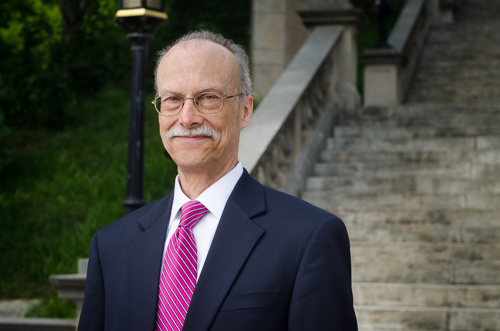Political and religious discussions in the workplace are increasingly causing problems for employers in these contentious times. Employees often have strong opinions about those topics, and expressing those opinions can cause workplace discord.
The issue of politics in the workplace is generally controlled by the National Labor Relations Act (NLRA) and the various regulations and opinions issued by the National Labor Relations Board (NLRB). Section 7 of the NLRA guarantees that employees can “engage in . . . concerted activities for the purpose of . . . mutual aid or protection.” The U.S. Supreme Court has held that “mutual aid or protection” protects employees who act “in support of employees of employers other than their own,” or to “improve their lot as employees through channels outside the immediate employee-employer relationship.” In order to be protected under the NLRA, the political speech must have a connection to working conditions. Speech or activity focused on the interest of the community at large or in furtherance of the employee’s own political agenda is not protected.
The issue of religious expression in the workplace is governed by the state and federal anti-discrimination laws. The Equal Employment Opportunity Commission (EEOC) has issued guidance on the question of religious discrimination, requiring employers to accommodate religious expression unless the accommodation would cause undue hardship in the operation of the business. In determining whether permitting an employee to pray, proselytize, or engage in other forms of religiously-oriented expression in the workplace would pose an undue hardship, relevant considerations may include the effect such expression has on co-workers, customers, or business operations. For example, if an employee’s proselytizing interfered with work, the employer would not be required to allow it. As another example, if an employee complained about proselytizing by a co-worker, the employer could require that the proselytizing to the complaining employee must cease. An employer can restrict religious expression when it would cause customers or co-workers reasonably to perceive the materials to express the employer’s own message, or where the item or message in question is harassing or otherwise disruptive.
Employers should have written policies on these issues so employees understand the limits of conduct which the employer considers acceptable. Policies should generally prohibit disruptive activities in the workplace, but should also address political and religious speech. A policy could prohibit, for example, employees from wearing a button advocating for the election of a political candidate.
John Falcone and Luke Malloy handle employment law matters at PLDR Law. Feel free to contact us if you have questions about this matter.


